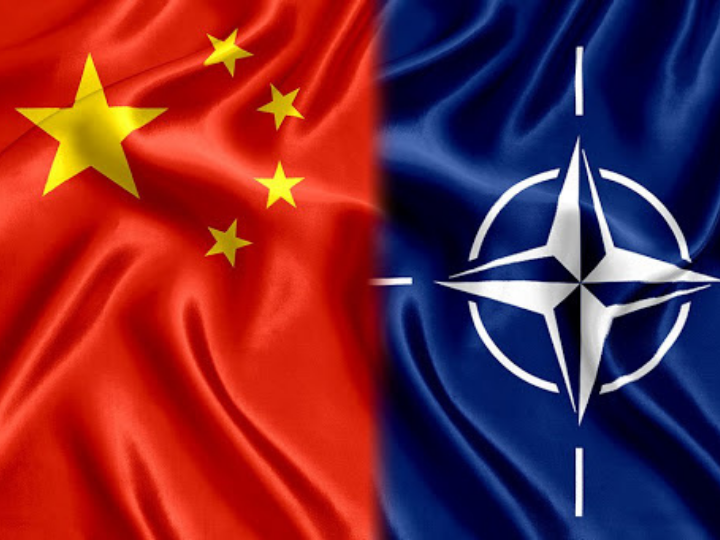by Giles Merritt*
What’s to be done about China now that it is becoming a geo-political problem? Its goal of global primacy not only poses a threat to others but eventually to itself.
China’s challenge to the United States isn’t a problem in itself. Danger arises in how power is exercised. The three-quarters of a century since World War 2 ended has seen much clumsiness and self-interest in US policymaking, but little outright bullying.
Beijing, by contrast, has in recent years developed a taste for brutality in both its external and internal policies. The lamb-like profile once urged by Deng Xiaoping, architect of China’s economic development, has metamorphosed into a fire-breathing dragon.
The idea of some form of ‘economic NATO’ has been around for almost a decade
No good can come of the harsh measures that Xi Jinping’s government has wielded of late. The challenge for Beijing’s interlocutors and trade partners is how to contain China’s strength without escalating these tensions into fruitless protectionism and a proliferation of security flashpoints.
The answer is clear to see, but difficult to achieve. It is for liberal democracies around the world to fashion a new socio-economic solidarity mechanism; something along the lines of a ‘trade-based NATO’.
China’s dealings with Europe, for instance, have whenever possible prioritised national negotiations. Ask diplomats at the EU mission in Beijing about their difficulties, and prominent among them have been Chinese efforts to promote relations with individual member states.
Last December’s Comprehensive Agreement on Investment (CAI) between the EU and China might seem a departure from this, but Beijing-watchers suggest its chief value in Chinese eyes is that, if ratified, it would divide Europe from America. That was also why Beijing vociferously opposed the ill-fated US-EU Transatlantic Trade and Investment Partnership (TTIP) until the Trump administration torpedoed it.
How such a ‘club’ of countries committed to contesting abuses of power might be structured is an open question
How, then, might a new trade-based coalition work, and should it be solely aimed at clipping China’s wings? The idea of some form of ‘economic NATO’ has been around for almost a decade, pushed mainly by advocates in the US of closer ties with Europe who questioned America’s ‘pivot’ to Asia.
Calls for something similar have been taken up in Washington, DC by think tanks close to the Biden administration, with China singled out as its raison d’etre. Yet creating a common front against repressive Chinese actions seems too limited; it would make more sense to throw it open to all liberal democracies that commit to defending human rights through the imposition of collective sanctions on transgressors.
That would create a powerful international coalition opposed to excesses by such regimes as Russia’s Vladimir Putin, Turkey’s Recep Tayyip Erdogan and, of course, China’s Xi Jinping. When liberal democracies are under so much pressure, a show of solidarity would send a powerful message around the world to potential targets in Asia, Africa and Latin America.
Above all, there’s the matter of political will
How such a ‘club’ of countries committed to contesting abuses of power might be structured is an open question. So too is whether the idea is remotely practicable. Legal constraints that surround existing international bodies – the World Trade Organization and the extended UN family, for instance – would have to be overcome.
Above all, there’s the matter of political will. Political leaders who seek re-election are notoriously risk-averse, so creating and then signing up to a controversial new grouping would be a daunting proposition. No more so, however, than allowing political inertia to triumph.
On present showing, China’s combative deployment of economic sanctions to defend itself against international criticism of its political actions promises worse trouble to come. What shape that might take is anyone’s guess, but the risk is that sooner or later a resurgent China will be tempted into actions that it and the rest of the world will deeply regret.
*Founder, "Friends of Europe"
**first published in: www.friendsofeurope.org




 By: N. Peter Kramer
By: N. Peter Kramer
